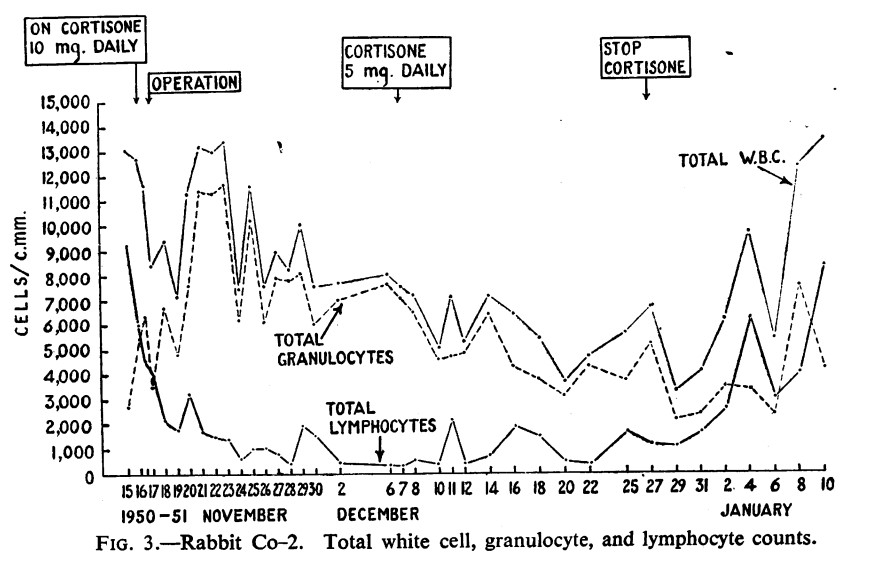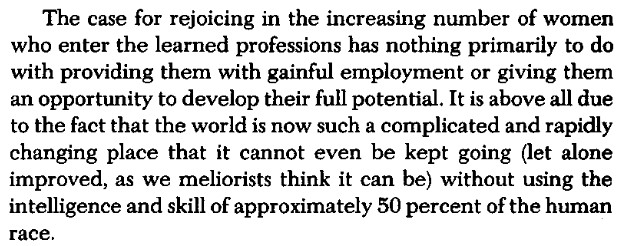As an Advanced Heart Failure and Transplant Cardiology Fellow this year, transplantation immunology is an important part of my curriculum. While I try to stay up-to-date on the latest advances in care in heart failure, cardiogenic shock, and mechanical circulatory support, I recently took a deeper dive into the fascinating history of organ transplantation and immunology – which brought me to Sir Peter B. Medawar, widely regarded as the “father of transplantation”.

Medawar was a Brazilian-born British zoologist who received (with Sir Frank Macfarlane Burnet) the Nobel Prize for Physiology or Medicine in 1960 for developing and proving the theory of acquired immunological tolerance. His early training and studies in England were focused in zoology and comparative anatomy, and his initial research was on connective tissue cells and tissue culture.
He became interested in skin grafting during World War II after witnessing military pilots sustaining severe burns in plane crashes and moved to Glasgow to continue this work for the Medical Research Council. Over the 1940s-early 1950s, he performed and published a series of experiments on the behaviors of skin autografts and allografts in burn victims. He demonstrated that skin allografts (i.e. homografts), although initially successful, were rejected within two weeks. In his experiments, when a second allograft from the same donor was attempted, the allograft was rejected much more quickly. Thus, he established the idea that allograft reactions were immunological. In the conclusion of their paper The Fate of Skin Homografts in Man, Gibson and Medwar state that “The time relations of the process, the absence of a local cellular reaction, and the accelerated regression of the second set of homografts suggest that the destruction of the foreign epidermis was brought about by a mechanism of active immunization.”
He furthered the ideas of genetically determined immunologic systems and immunologic tolerance through additional studies in different model organisms, including cattle and mice. In 1951, he tested the effects of cortisone on survival of skin homografts in rabbits and found that the daily subcutaneous administration of 10 mg cortisone acetate to adult rabbits delayed graft healing and vascularization and lengthened the life of skin homografts by 3x-4x!

As excited as I was to read about this fascinating history of immunology and transplantation, I was even more interested to find that Medawar was a supporter of women in science (#HeForShe). In 1979, he published a book called Advice to a Young Scientist, a book he says is “the kind of book I myself should have liked to have read when I began research…” In the eight short pages of his book’s fifth chapter entitled “Sexism and Racism in Science”, he addresses the concepts of impostor syndrome, gender equality in academic medicine, and the frequent invisibility of women in science – all concepts still at the forefront of our current dialogue 40 years later.

The history of medicine is full of fascinating personalities and stories like this one, and to quote Medawar himself, “I do not know any scientist of any age who does not exult in the opportunity continuously to learn.”
The views, opinions and positions expressed within this blog are those of the author(s) alone and do not represent those of the American Heart Association. The accuracy, completeness and validity of any statements made within this article are not guaranteed. We accept no liability for any errors, omissions or representations. The copyright of this content belongs to the author and any liability with regards to infringement of intellectual property rights remains with them. The Early Career Voice blog is not intended to provide medical advice or treatment. Only your healthcare provider can provide that. The American Heart Association recommends that you consult your healthcare provider regarding your personal health matters. If you think you are having a heart attack, stroke or another emergency, please call 911 immediately.